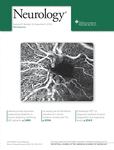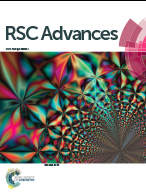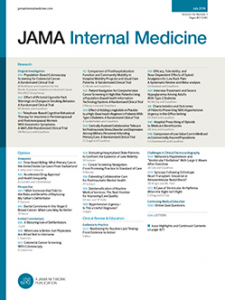 A journal has retracted a paper examining the traits of drought-resistant tomatoes after an investigation at the first author’s institution in Italy found a number of problems.
A journal has retracted a paper examining the traits of drought-resistant tomatoes after an investigation at the first author’s institution in Italy found a number of problems.
For starters, the first author — Maria Riccardi of the National Research Council of Italy-Institute for Agricultural and Forest Systems in the Mediterranean (CNR-ISAFOM) in Ercolano, Naples, Italy — apparently submitted the paper without consulting the study’s four other listed co-authors. What’s more, according to the retraction notice in Scientia Horticulturae, the paper’s description of the experiment “does not reflect the real conditions under which the data was collected,” rendering the findings invalid.
Riccardo d’Andria, CNR-ISAFOM’s former director who conducted an investigation into the case, said Continue reading Tomato study didn’t get co-author okays, includes unreliable data

 A new analysis of more than 30 clinical trials co-authored by a bone researcher based in Japan is casting doubt on the legitimacy of the findings.
A new analysis of more than 30 clinical trials co-authored by a bone researcher based in Japan is casting doubt on the legitimacy of the findings.
 Researchers have retracted their third paper due to missing original data, following an investigation at their former institution in New York.
Researchers have retracted their third paper due to missing original data, following an investigation at their former institution in New York. 

 Nature Communications has issued an expression of concern for a 2014 paper by beleaguered surgeon
Nature Communications has issued an expression of concern for a 2014 paper by beleaguered surgeon 
 After the first author of a debated study about the benefits of positioning your body in an assertive ways — the so-called “power pose” —
After the first author of a debated study about the benefits of positioning your body in an assertive ways — the so-called “power pose” —